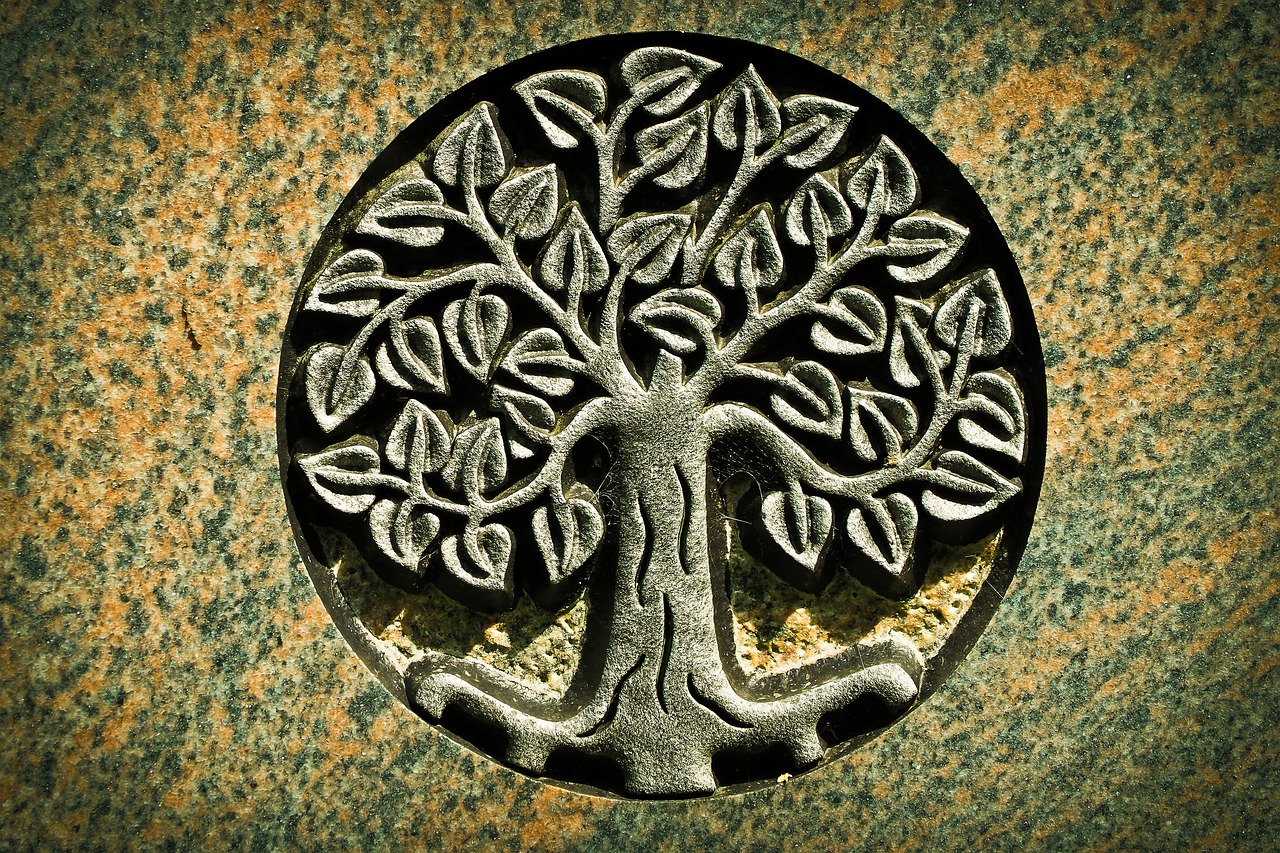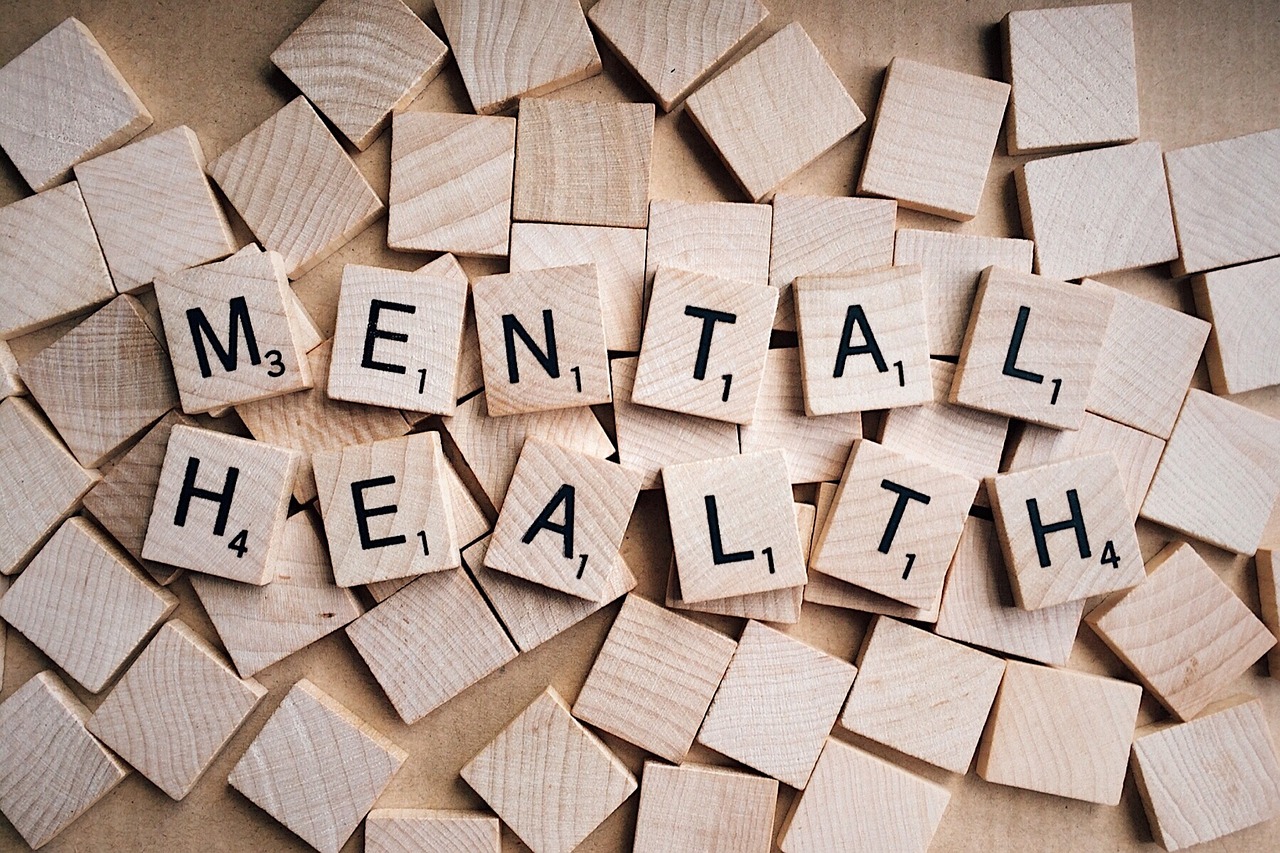April is Sexual Assault & Abuse Awareness Month. As a childhood sexual abuse survivor, I am committed to helping those who have been victimized. Part of this commitment is fostering awareness and education.
During the month of April, I will publish one blog post each week spotlighting an aspect of sexual abuse and assault recovery that is important to me personally.
I wrote this piece in 2015, when I first found out about how family members felt about my abuse experiences.
**********
When people ask me about my family, I say that I am an orphan.
It’s technically not true, but this is definitely easier to say than, “Well, I am a survivor of childhood sexual abuse at the hands of my father and I told my mother and she ended up choosing him over me and so I was on my own at 17 and then in 2007 in my journey of recovery I broke ties with basically everyone in my family and still somehow everything is my fault according to them.”
THAT is why, when someone asks if my parents live in town, I simply state that I am an orphan with no siblings.
The extended family I grew up with is hearty, Oklahoma farming stock, which means that there are a million family members. My grandmother was one of 13 kids, and I have not seen any of my extended relations in about 20 years. I do, however, stay in contact with one of my cousins who does not blame me for everything and consistently shows me support and love. She will occasionally send me news of extended family members.
The latest message was that an extended family member had had a minor stroke.
Recently, I ran across the email my cousin had sent, which said, “This extended family member had a minor stroke and so-and-so is taking care of her. Everything appears to be fine. I wasn’t sure whether or not you would want to know since she NEVER BELIEVED THAT YOU WERE ABUSED. But I pass on the information just in case.”
Not Believing Abuse is a Thing?
Those capitalized words were provided by my cousin, not by me, and they accurately communicate both her outrage and my surprise regarding this issue. My honest first reaction was, “People don’t believe that I was abused? Not believing survivors of abuse is a thing?”
Rationally and intellectually, I know that hundreds of victims of sexual abuse and assault are not believed every single day. These despicable acts are covered up and victims are shamed into silence, and many never see the light of day. Survivors often languish, receiving little in the way of validation or justice. I know all of that in my head.
But emotionally, her disbelief punched me in the gut. After my initial surprise, I couldn’t breathe for a couple of beats. I have to be honest when I say that my second reaction was, “Well then, I guess you can go to hell, extended family member.” I was completely serious, and it scared me a little bit, and I felt like I was emotionally doubled over from the hit.
I found myself thinking about her disbelief about my abuse for a couple of days after that, which also surprised me. I’ve been on this recovery journey in one way or another for about twenty years, and like I talk about in Caskets From Costco, I must believe that there is some end point. I expect that there is a point at which I will simply be “done,” and anything that anybody does or says will no longer effect me.
What (Dis)Belief in Abuse Reveals
Rationally, I know that I will never be “done.” I’m okay with that. I get that while I can anticipate many PTSD triggers and simply confusing or distressing interactions or situations, I will not be able to protect myself from everything all of the time. But the feelings and thoughts that came up in this situation simmered for a few days in the back of my mind, not showing themselves until I was at breakfast with a friend and felt uncommonly angry.
Pleased that I had recognized this emotion for what it was, I started to at least try to pin down the source. We talked and all of a sudden the exchange with my cousin tumbled out about how my abuse was not believed by this extended family member.
“It completely surprised me,” I said to my friend. “I didn’t even think about people not believing me.”
“If she believed you, then that would raise a lot of questions for her, wouldn’t it?” my friend asked. “She would be confronted with quite a few questions, like was she aware of it? Could she have done anything to help? And then she would have a few questions for your mom, like did she know what was going on? What does your mom say about your abuse and your lives during that time?”
I nodded. “They’re not going to talk about any of that.”
“No way,” my friend said. “Then they would have to take responsibility and feel tough emotions and tell the truth. And then everything could not possibly be your fault any more.”
What My Response Reveals About Me
Well, it’s not my fault. I know that, for sure. I felt surprised, confused, angry, and even you-can-go-to-hell-hurt, but this is not on me.
Which is good to know, after a lifetime of taking responsibility for my own abuse until a few short years ago.
And I’m strong, probably stronger than I’ve ever been. While I felt intense emotions, the situation did not instantly result in a PTSD event, nor did it culminate in a PTSD event. THAT is recovery.
So if someone doesn’t believe your abuse, guess what?
It doesn’t matter.
You matter, your healing and recovery and continued hope.
Only YOU.
Try Trauma Recovery & Grief Recovery Coaching
Sign up here to get a free copy of Five Things Every Trauma Survivor Needs to Know AND
61 Tips About the Grief Experience.
Find out more about Trauma and Grief Recovery Coaching
I offer one-on-one sessions, groups, PTSD Remediation, and classes. Appointments are offered in-person and online.
Try Trauma Recovery and Grief Recovery Coaching for Free! Book a free 30-minute Discovery Call to find out more!












